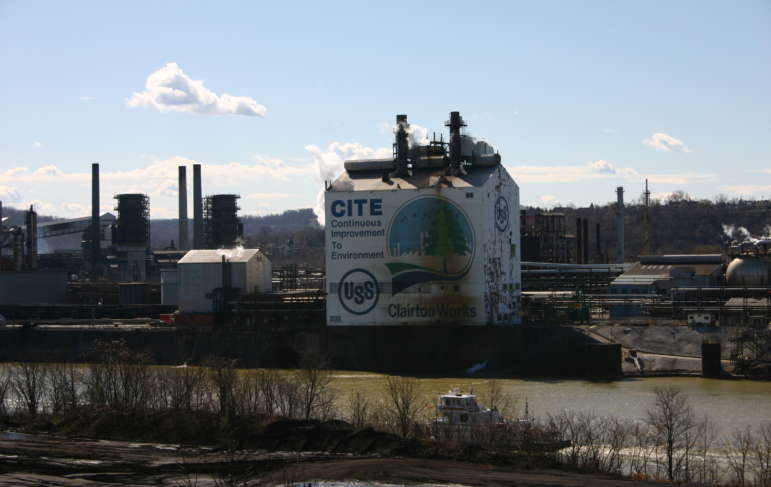U.S. Steel Didn’t Break the Rules When it Only Reported Emissions to the Allegheny County Health Department
A federal appeals court just dismissed a lawsuit claiming that U.S. Steel violated the Comprehensive Environmental Response, Compensation, and Liability Act (CERCLA). The lawsuit was brought by an environmental watchdog because U.S. Steel only reported to local and not federal authorities about its steel plant emitting air pollutants. According to a panel of the 3rd U.S. Circuit of Appeals, U.S. Steel properly used an exception in CERCLA when it notified county but not Coast Guard officials that its Mon Valley Works emitted benzene, hydrogen sulfide, and other pollutants after a fire damaged equipment that prevents pollution from entering the atmosphere.
A representative of the Clean Air Council commented saying that it was unfortunate that there is no accountability for companies that are large polluters. A U.S. Circuit judge disagreed with the Clean Air Council’s interpretation of CERCLA obligating U.S. Steel to report pollution to the Coast Guard National Response Center instead of exempting the company from doing so. The Coast Guard National Response Center keeps track of chemical discharges, oil spills, and other emergency pollution incidents in the United States. Fires that occurred in both 2018 and 2019 damaged pollution control equipment, which treats coke oven gas. It is the largest coke producing plant in the United States, so large amounts of pollution were released into the atmosphere unchecked.
U.S. Steel was unable to process the gas fully at these plants, but it still burned it as fuel at the Mon Valley Works. U.S. Steel reported these emissions to the Allegheny County Health Department, complying with the Clean Air Act permits of the facility. The Allegheny County Health Department is the normal authority that U.S. Steel reports to since the Clean Air Act is administered through local and not state agencies.
The Clean Air Council wanted U.S. Steel to report its emissions to the National Response Center in addition to the Allegheny County Health Department. Its argument was that a provision in CERCLA that exempts reporting does not apply because the language of the provision only speaks about emissions that are governed by CAA requirements. Judges explained their ruling, stating that emissions that are governed by CAA do not have to be reported to federal agencies. All emissions from U.S. Steel are under a CAA permit, so none of them have to be reported to federal agencies. The company violated the permit but was still following the rules when it reported pollution to the Allegheny County Health Department.
Do you have cancer after being exposed to a toxic substance? You could be entitled to compensation. Contact us at 412-471-3980 or by filling out our contact form and we will get back to you as soon as possible.
Source:
Sebastien Malo, “U.S. Steel right not to report Pittsburgh plant pollutants to feds” Reuters (June 21, 2021). [Link]




